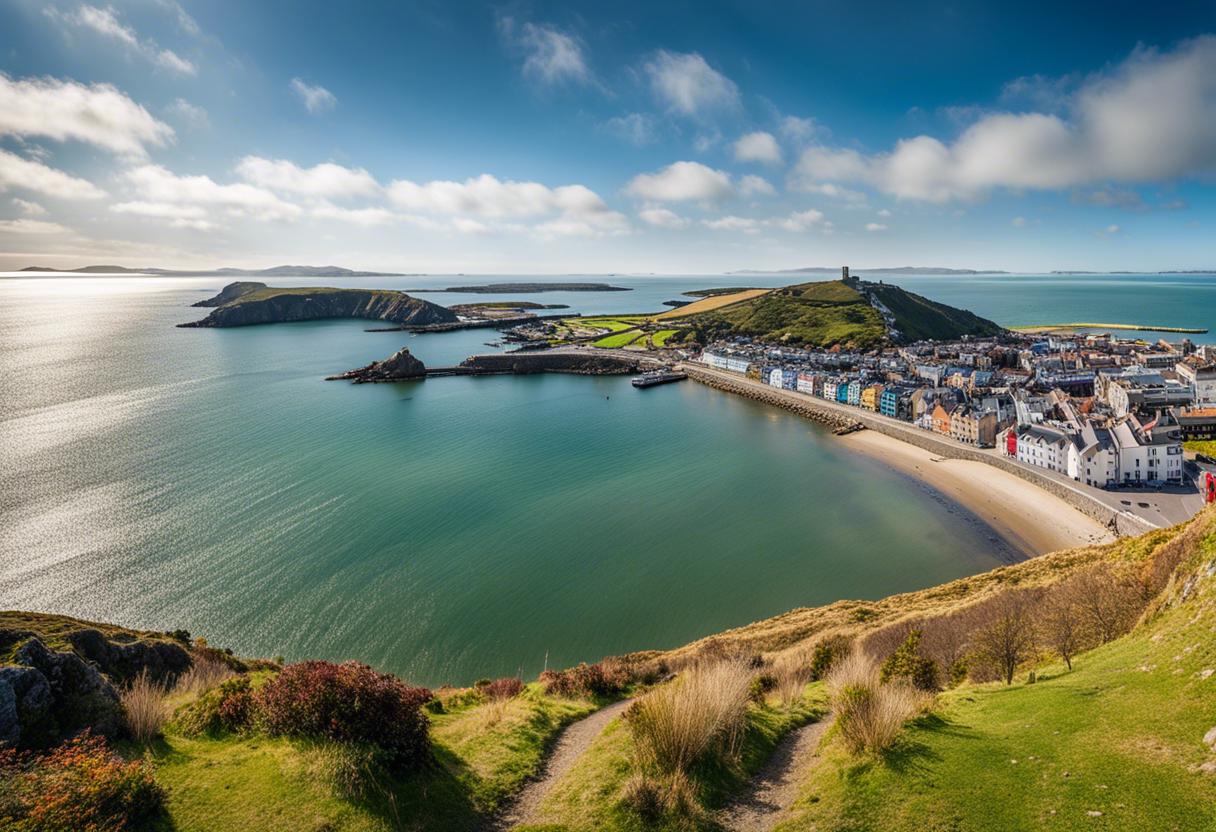The Fingal County Council has declined the proposal for a boutique hotel in Howth put forth by a firm owned by Conor McGregor, a mixed martial artist (MMA). The 35-room hotel planned by G Boppers Ltd was met with fierce local resistance, leading to the council rejecting their application. A village resident had voiced worries that the hotel might turn into an Ibiza-like partying spot, given its planned location at the current site of The Waterside Bar.
GBoppers Ltd had strategised to pull down the bar and construct a terraced hotel extending to five floors in some sections. The plan would also integrate a public house and an eatery, alongside rooms on the upper floors encompassing a large terrace meant for the residents.
The council declined this proposal on two major aspects. Firstly, keeping in mind the hotel’s position and the preserved Church Street view, the council inferred that it would potentially disrupt the natural landscape and any existing picturesque views. Secondly, the council stated that the proposed development could negatively impact the Architectural Conservation Area (ACA) and would pose a violation to the Fingal Co Development Plan.
The plan got rejected due to the absence of a suitable architecture strategy that could rationalise the destruction of an eminent building within the ACA. This was considered alongside the design, dimensions, volume and the prospective hotel’s height.
The latest financial details for G Boppers Ltd exhibit that in 2022, McGregor’s firm, Sports and Entertainment Ltd, extended a €2.24 million interest-free loan to the company. In the same phase, G Boppers Ltd bought land and architecture with a book worth of €2.08 million. Accompanying the application, Cathal O’Neill + Company Architects presented a design report stating that the venture aims to optimally exploit the underused site and offer local accommodation, which was desperately needed in the area.
While promoting the hotel’s case, the architect Garrett O’Neill claimed that the proposed hotel respects the existing townscape’s proportion and volume and assimilates well with the urban texture. However, Monica Lambert, a local denizen, vehemently protested against what she called the “unusually large rooftop garden/beer garden” to the council.
She commented, “Despite the portrayal of it as a peaceful garden for inhabitants, it’s undeniable that it’ll gain popularity as a venue for beer and party events similar to those seen in Ibiza.” The council was, in fact, furnished with nineteen submissions from external parties.

